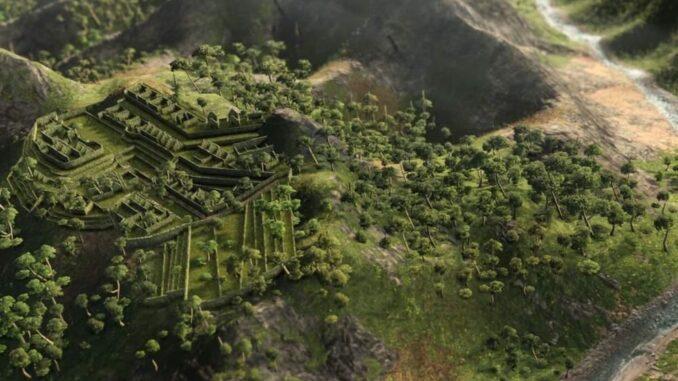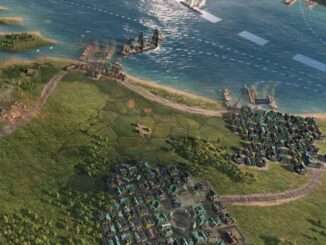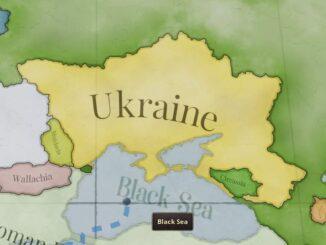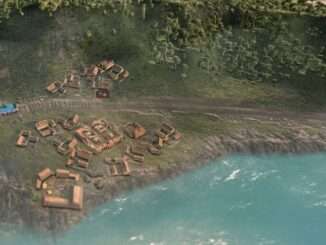
State
States are the main political-geographical unit of Victoria 3, where pops live and buildings are built.
Infrastructure and market access on the state overview screen.

State Region
A state is always controlled by a single country and its borders are dynamic (can change over the course of the game, including being created and destroyed), while state regions can contain 1 or several states and have static borders (unchanging throughout the game). If a single country owns all provinces within a state region, there is no practical difference between these concepts. But if more than one country owns provinces within a single state region, they will each control individual states within it.
For example, the state region of Rhineland is a predetermined set of provinces on the border of France that in 1836 contains two states: Prussian Rhineland (actually just called Rhineland because it contains more than half the land in the region) and Bavarian Rhineland (called Bavarian Rhineland to distinguish it from the Prussian parts), a concept that we call a Split state. Over the course of the game, which exact provinces make up the state region of Rhineland will never change, but the states might. If France was to conquer the Prussian Rhineland, there would of course no longer be a Prussian Rhineland but a French Rhineland, and if Prussia were to conquer the Bavarian Rhineland, the entire state region would be unified into a single Prussian state.
Strategic Regions
A strategic region is a large predetermined geographic area consisting of a number of state regions, with the 617 state regions of the current internal build divided into a total of 53 strategic regions.
State Status
Incorporation Status
In addition to political ownership, there are a number of conditions that can apply to a state that affects the local population and economy. First of all, there is something called Incorporation Status, representing a state’s political status within the country that owns it. The different Incorporation states are as follows:
- Incorporated state: A state that is a fully integrated political unit in the country. This state incurs full bureaucracy costs, pays all forms of taxes required by the government, and gets the benefit of all national Institutions.
- Unincorporated state: A state that is owned but only very lightly administered by the country, such as frontier states. Unincorporated states do not incur any bureaucracy costs but only pay certain taxes (such as Consumption Taxes), get no benefits from national Institutions and have reduced Infrastructure.
- Colonial state: A state that is considered to be an overseas colony. Works similarly to an Unincorporated state, but also gets increased immigration at the expense of even lower Infrastructure.
It is possible to Incorporate any Unincorporated/Colonial state as long as you have the Bureaucracy that would be needed to properly administer it, but this can be a rocky process – while the increased costs kick in immediately, the benefits (taxes, institutions and so on) are only gradually phased in over time. The time it takes depends on how easy it is for your country to integrate the local population – it would be a lot more difficult for Britain to incorporate an Indian state than it would be for them to incorporate the Falklands, for example.
State Conditions
Other conditions that can apply to a state include (not an exhaustive list):
- Capital state: The political capital of a country. All Pops living in the Capital state have increased political power.
- Market Capital: The economic capital of a country. Has increased Infrastructure and Migration Attraction.
- Turmoil: A state that has too many political radicals (as a percentage of population) will experience Turmoil. A state with Turmoil suffers penalties in the form of increased Tax Waste and reduced Migration Attraction. These penalties can be reduced by investing into the Police institution.
Inherited Conditions
States can also inherit certain conditions from their state regions, including:
- state traits: As explained in the Infrastructure dev diary, these represent a wide variety of geographical features that have an impact on the economy, infrastructure and/or population of the entire state region.
- Claims: A state region can be claimed by a country that does not currently own it but are broadly considered to have a legitimate reason to think that maybe they should. We’ll come back to this when talking about diplomacy and war.
- Homelands: Every Culture has one or more state regions that most people in that Culture consider to be their natural homeland. This does not consider the views of anyone else outside that Culture (ie, the Swedes don’t get any say in which state regions the Russians consider to be their homelands and vice versa), and has certain effects that we will go over in later dev diaries.
Resources within States
States are limited in which Resource Industry Building Types they can support and how large these can get. For example, the degree of Iron deposits in a state limits how many levels of Iron Mine you can build there. These resource limits are actually a property of state regions, which is dynamically allocated to the states in the region based on how large of a share the state holds.
It’s worth noting that this proportion isn’t just based on the raw number of provinces owned. As an example, potential for Fisheries are distributed according to the amount of coastline a state has in the state region, while Arable Land land can be heavily weighted by the amount of Prime Land is in each state. While not applicable everywhere, Prime Land is something we use in states where there is a clear division between fertile and non-fertile land – control of the Nile should matter a lot more to a state in Upper Egypt’s Arable Land than control of the surrounding desert, for example.
It’s also possible for a state region to contain discoverable resources. These are resources such as Oil, Gold or Rubber that are either not known about or not considered exploitable at the start of the game, but may be discovered and exploited at a later point. Certain technologies will affect both which resources can be discovered and the actual chance of said resource being discovered. All of this functions in a weighted random fashion, so while the chance of there being a Klondike gold rush at some point during the game is high, it probably won’t happen exactly at the same date it did historically.





Be the first to comment